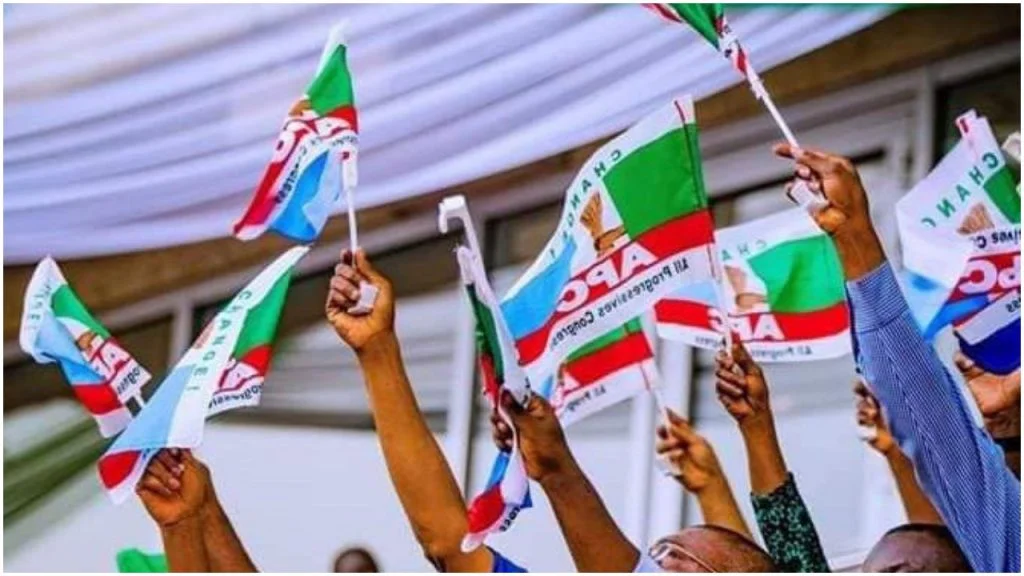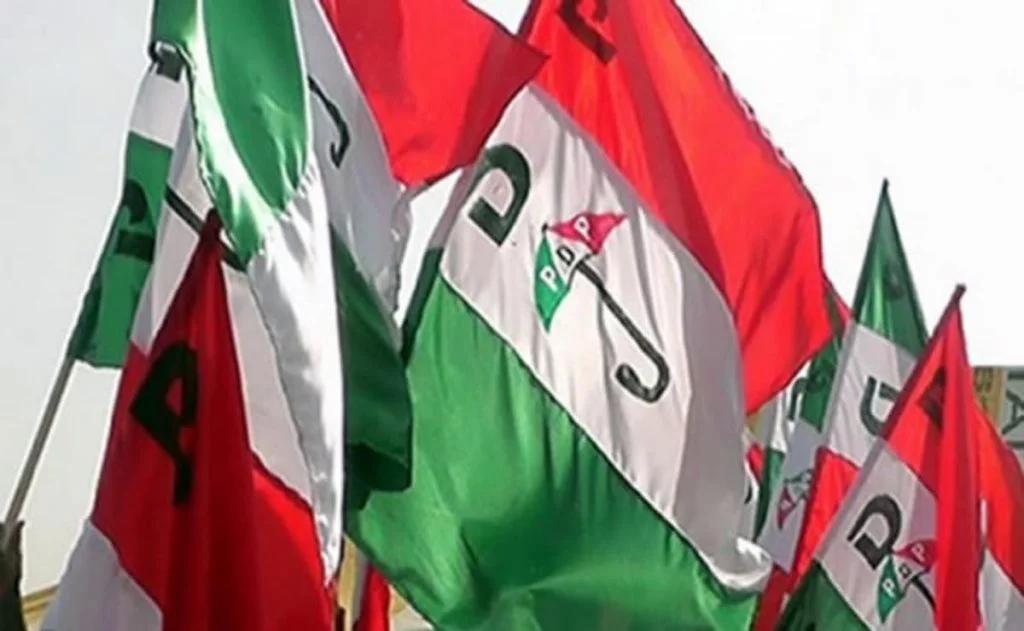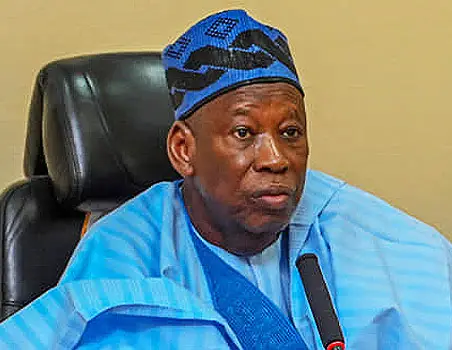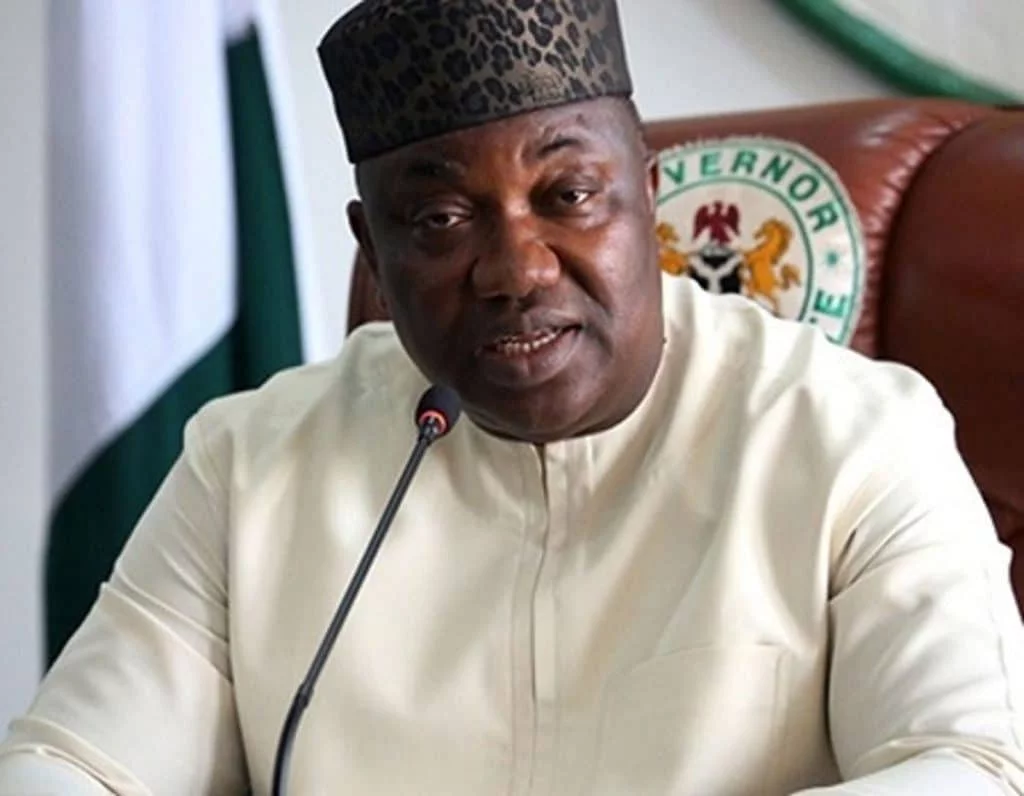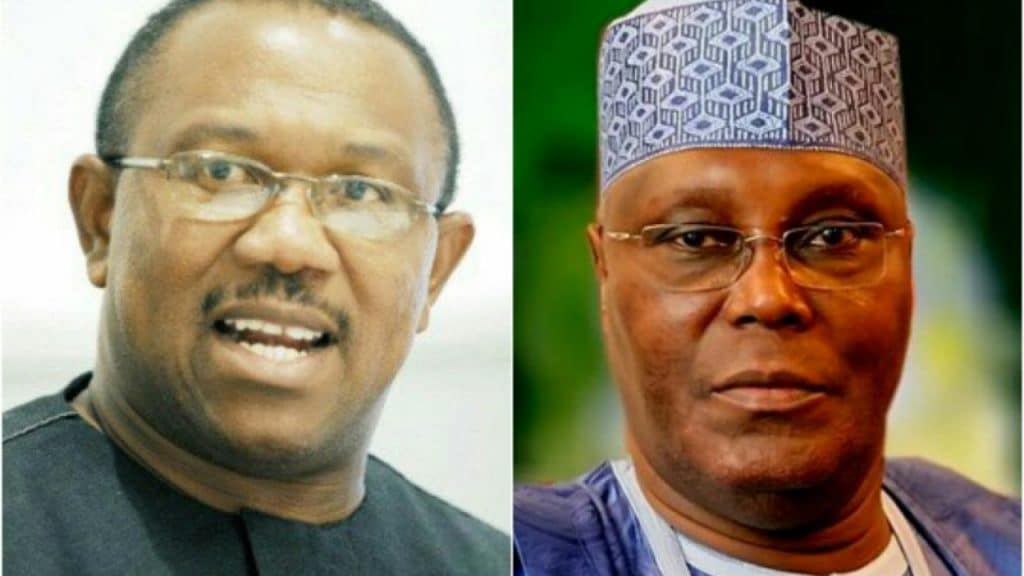2023: Northern delegates to decide APC presidential candidate as more southerners join race
The battle for the presidential ticket of the ruling All Progressives Congress (APC) appears to be turning into a three-horse race between the Minister of Transportation, Rotimi Amaechi, the National Leader of the party, Bola Tinubu and the Vice President, Yemi Osinbajo.
Although, others like the Kogi State Governor, Yahaya Bello, Governor Dave Umahi of Ebonyi, Governor Ben Ayade of Cross River, Sen Orji Uzor Kalu and Sen Rochas Okorocha have also declared, but the momentum appears to be on the side of Tinubu, Amaechi and Osinbajo.
The 100million naira ticket will not deter several of these candidates; in fact, several aspirants have turned the ticket fees into a sign of popularity, with rich persons announcing plans to buy tickets for their preferred contenders.
All the candidates will have to battle for the 7800 delegates of the party. CDAnews reviews the chances of all the aspirants in the race.
In the Northwest, there are 1,924 delegates, followed by Southwest with 1,568 delegates and Northcentral with 1,278 delegates.
Others are North East 1, 212 delegates, South East 838 delegates and South south with 927 delegates.
The fact that most of the candidates are from the south, except for Yahaya Bello and Garba from the North, means that the North is going to be the battlefield.
Some of the major candidates have started making overtures to politicians from the north. Amaechi appointed Ali Ndume as Director-General of his campaign, while Kano State politicians are in a frenzy over Tinubu.
Also, most of the candidates have experience with delegate electioneering, save for the Vice President. He was picked as vice president in 2015 after the primaries and was not with any serious contender.
Political alignment:
In the South-East, each State in the region has a contender, Kalu is from Abia, Okorocha from Imo, Ken Nnamani from Enugu, Dave Umahi from Ebonyi and Ngige from Anambra. Some of these aspirants, save from Okorocha and Ngige are expected to get the back of their State’s delegates.
In the case of Okorocha, his frosty relationship with Governor Hope Uzodinma may prevent him from getting bloc votes from Imo delegates, while the crisis in Anambra State chapter of APC may cause some issues for Ngige.
Unless the region embarks on a consensus arrangement, it may be difficult for the aspirants from the zone to mobilize votes from the region. There is a possibility of those candidates being unable to mobilize home support.
South-West is no longer a voting bloc for Tinubu
The race in the Southwest is getting intense on a daily basis. As it stands, former Lagos State Governor, Bola Tinubu now has several heavyweights to wrestle delegates from him in the region.
The entrance of Yemi Osinbajo and the possible run by Ibikunle Amosun and Governor Fayemi into the race may present a challenge to Tinubu.
Out of the six States in the region, Tinubu still has Lagos and Osun States in the bag. In Oyo State, where there is no APC governor, the party is in turmoil over the election of State Chairman. In the end, it will be about individual aspirants lobbying the delegates.
Senator Teslim Balogun appears to be in control of the state executive. Although it is unclear where the former majority leader is leaning, other stakeholders in the State, Minister of Sport and Youth Development, Sunday Dare, Sen Fatai Buhari and others are currently challenging the other camp for control.
In Ogun State, ordinarily, one would expect Osinbajo to get all the delegates from the State, however, for long, the Vice President’s polling unit has been at the Victoria Garden City, not Ikenne, his home town. In addition, if Senator Ibikunle Amosun should join the race, that will be another challenge for Osinbajo, and there is the Tinubu factor in the State. The former Lagos State governor will be relying on two former Governors of the State, Gbenga Daniel and Segun Osoba. Whatever it is, this is going to be a battleground.
In Ekiti State, Kayode Femi, who is rumoured to be interested in the race, would be expected to get the delegates from his State, but people like Babafemi Ojodu and Dayo Adeyeye will be expected to sway some voters to Osinbajo and Tinubu, respectively.
One other battleground in the region is Ondo State. The relationship between Governor Rotimi Akeredolu and Tinubu is quite dicey. It would be recalled that Tinubu did not back Akeredolu’s re-election, instead, he backed Segun Abraham. In the aftermath of the primaries in that election, Tinubu called for the removal of John Oyegun, the then Chairman of the party.
It is unclear if both men have fully reconciled. Although, last year, when Tinubu was hospitalized in London, Akeredolu described him as the “Capone of southwest”, stating that all decisions regarding 2023 will be made when Tinubu returns.
South-South
The Southsouth region has over the years grown in influence, however, unlike the Southeast and Southwest, the region is a multi-ethnic society, not united by language.
Delegates’ position here will be subject to several factors, one, being if Amaechi is able to galvanise the region as done by Goodluck Jonathan in 2011 and 2015. But this will be tricky in the event that Jonathan decides to join the race on the platform of the APC.
If Jonathan should join the race as it is being speculated, it could cause some serious damage for Amaechi. Aside from that, within his state, Magnus Abe, who is leading a faction of the party, is also backing Tinubu openly.
Abe is contesting for the governorship ticket of the APC against the consensus candidate of Amaechi, Tony Cole.
It would be recalled that Magnus Abe’s factor caused the APC the entire 2019 election in the State, as APC was barred from participating in the election by the court.
The second issue in the South is that there is only one APC governor in the region, Ben Ayade of Cross River. Governor Ayade has already joined the race, a factor that would deny Amaechi block votes from the region.
In Edo State, although Adams Oshiomhole attended the declaration of Amaechi, it has been reported that the former APC Chairman attended because he was informed that the gathering was a thanksgiving service. Both Oshiomhole and Tinubu go way back to the ACN days, when Oshiomhole contested and won his first term.
In Delta State, the party structure appears to be fully in the grip of Sen Ovie Omo-Agege, who is currently running for the governor of the State. His endorsement of any of the candidates will be vital. Here is where the president comes in, because Omo-agege has always presented himself as Buhari’s son, therefore, whoever gets the nod of the president will get the support of Omo-Agege.
Akwa-Ibom State is highly divided between the camp loyal to Sen Godswill Akpabio and John Akpanudoedehe. The crisis is still ongoing; all the aspirants can benefit from the crisis by reaching delegates separately.
In Bayelsa State, David Lyon appears to be the leader of the party in the oil rich State. He could sway delegates.
Amaechi may be able to take the region if the people of the South-South see the election as a regional agenda. However, this strategy could go against what the Amaechi’s camp is preaching. According to Senator Ali Ndume, the DG of Amaechi’s campaign, the candidacy of Amaechi is a national candidacy, not ethnic.
Sen Ndume, while appearing on Politics Today on Channels TV, said the other candidates are regional in outlook, but Amaechi is the only “Nigerian candidate”.
As it stands, none of the candidates is on the verge of capturing a majority in the south. In the next part of this series, we will explore the chances of the candidates in the 19 northern States and the FCT.

